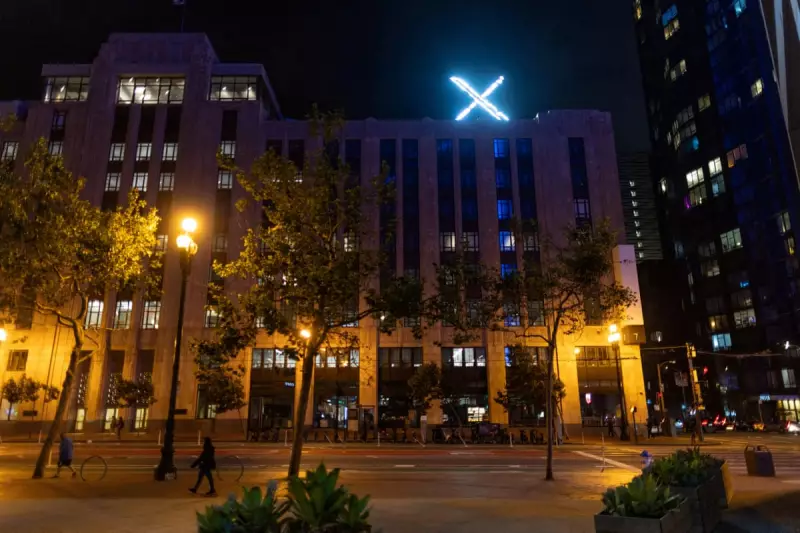
Elon Musk's social media platform, X Corp, has agreed to a staggering settlement potentially exceeding $500 million (£400m) to resolve a class-action lawsuit brought by nearly 7,000 former Twitter employees. The case centred on allegations of systematic discrimination during mass layoffs following Musk's tumultuous $44bn acquisition of the company.
The settlement, filed in a US federal court in California, comes after a judge found 'overwhelming' and 'compelling' evidence that the company deliberately targeted older employees and those with disabilities during its drastic downsizing operation. The legal action accused X Corp of violating federal and Californian laws designed to protect workers from age and disability discrimination.
A Landmark Case for Tech Workers' Rights
This case represents one of the largest employment discrimination settlements in the history of the tech industry. The lawsuit alleged that Musk's new management team implemented a haphazard and biased layoff process, which disproportionately affected employees over the age of 50 and those who had disclosed disabilities.
Court documents revealed that the company failed to provide the legally required 60-day notice for mass layoffs, a violation of the Worker Adjustment and Retraining Notification (WARN) Act. This forced many former employees into immediate financial hardship.
The Human Cost of Musk's 'Twitter 2.0'
The legal complaint painted a picture of chaos and callousness. One plaintiff, a 62-year-old with over two decades of service, described being locked out of systems abruptly, with no warning or severance. Another, a employee managing a chronic health condition, alleged they were dismissed just weeks after requesting a reasonable accommodation.
Shannon Liss-Riordan, the attorney representing the ex-employees, stated the settlement provides 'meaningful relief' for the workers who were 'treated as disposable' during the transition to Musk's vision for the platform.
What's Next for X Corp and the Plaintiffs?
While X Corp has not admitted wrongdoing as part of the settlement, the agreement mandates a structured claims process. Individual payouts will vary based on factors like length of service and salary, but are expected to average around $75,000 per claimant before legal fees.
The settlement must still receive final approval from a US district judge. For the thousands affected, it marks a significant, if belated, step towards justice after two years of legal battles and financial uncertainty.





